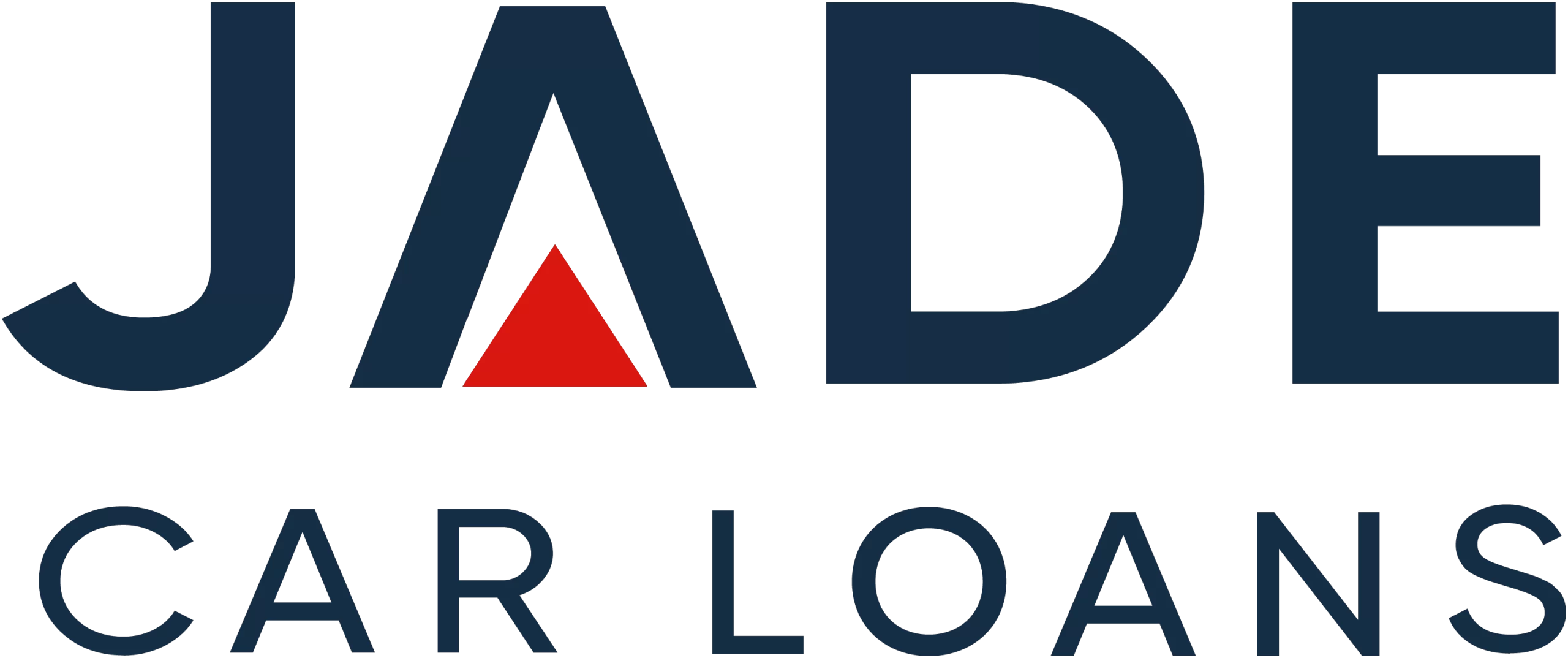Navigating Interest Rates: Implications for Car Buyers and Financing
Interest rates will be top of mind for many car buyers as the availability of new vehicles starts easing after recent supply chain issues. For buyers that placed orders some time ago, vehicles may finally be arriving, making it time to finalise finance. For others, stock may now be available to proceed with purchases and arrange motor vehicle finance.
A key issue for buyers requiring finance is likely to be – the interest rates on car loans. Rates have been increasing across lending markets as the Reserve Bank of Australia (RBA) has been lifting the cash rate. Trying to predict what the RBA Board will decide at its next meeting is not easy, even for the experts.
The June decision by RBA to lift interest rates by a further 0.25% came as a surprise to the markets. The financial markets generally had expected a rate hold. At least that was the general expectation until the Australian Bureau of Statistics (ABS) released the latest CPI data the week prior to the RBA meeting. The data which showed a surprise increase in headline inflation.
While the reasoning behind the June RBA decision was explained by Governor Philip Lowe in a speech the day after the decision, what other options were considered at that meeting were not known, until now. The minutes of the Reserve Bank of Australia (RBA) June meeting were posted on 20 June and show that it was a close call between a rate rise and keeping rates steady.
Providing possibly some positivity to the outlook for the July decision. We highlight the key points in the minutes re the decision as insight into interest rates for buyers planning motor vehicle finance.
RBA June Meeting Minutes – Key Points
The minutes of RBA Board meetings cover issues discussed around a range of topics and the June minutes can be accessed at the RBA website for those interested in the full transcript. We have extracted the key points of the interest rates decision discussion.
Two options were discussed – raising the cash rate by 0.25% and holding the rate steady.
The case for the 0.25% increase included:-
- The risk of inflation taking too long to fall to the target level. Current projections have inflation remaining above the target (2-3%) for several years. Australia’s rate is expected to take longer to drop than the rate of inflation in some other countries.
- The longer timeframe than in some other countries reflects the ‘desire’ of the RBA Board to get inflation down while still keeping the gains made in employment.
- It was noted that if inflation remained high for an extended period, there was an increased risk that there would be an expectation that inflation would rise. If this eventuated, high rates of inflation would be more persistent and that would mean higher rates for an even longer time. This would also raise the risk of increases in unemployment.
- In regard to the surprise April inflation increase, the Board noted that inflation in services prices was not showing signs of decreasing and the overseas evidence suggested this could prove persistent.
- The possibility of what is known as ‘implicit indexation of wages’ was discussed. That is when businesses link price rises to the inflation rate, resulting in wage rises also. This was being observed and is the first time it has been noted in this way by the Board. The Board noting that if this became more widespread there was a heightened risk that high rates of inflation would be more persistent.
In regard to keeping the rate unchanged, the Board discussed:-
- The economy showing signs of slowing and more rate rises could result in a that slowing happening more sharply than current expectations.
- Spending was already weak and disposable incomes were decreasing and many that were renting properties were facing financial difficulties.
- Financial conditions would tighten in the time ahead due to the lag between the rate rises over the past year being felt in the economy.
- The risk was noted of higher than expected rates of slowing in the economy and rising unemployment.
- The board discussed the possibility of leaving rates unchanged at the June meeting and reconsidering the situation at following meetings when further data was available.
Both cases were considered strong and ‘finely balanced’. But the case for an increase considered stronger. Lifting the cash rate to 4.1%.
Motor Vehicle Finance Interest Rates Update
The upcoming RBA Board meeting on 4 July holds significance for Adelaide car loan seekers and those interested in NAB car finance, as they aim to understand potential interest rates when their vehicle becomes available. Monitoring these RBA discussions might offer some insight, although it should be noted that the RBA has surprised us with unexpected interest rate decisions in the past.
One crucial factor that could influence the RBA's decision is the release of the next set of inflation figures, scheduled for 28 June, provided by the ABS. These figures might shed light on the sudden increase in inflation that occurred in April.
It is important to note that decisions made by the RBA can impact car loan interest rates, as lenders often respond by adjusting their rates accordingly. However, unlike the housing loan market, responses from lenders in the motor vehicle finance sector, including those offering low doc vehicle financing, are not always uniform. This variation creates opportunities for competition within the sector, enabling our consultants to find the most affordable rates on the market.
If you're specifically interested in financing a Tesla, you may want to explore the option of using a Tesla Car Finance. Such a tool can help you estimate the potential financing costs, including interest rates, based on your desired loan amount, repayment period, and other relevant factors. This way, you can make informed decisions about your car purchase and better understand the financial implications.
Keep in mind that using a loan calculator is a helpful starting point, but it's always recommended to consult with financial professionals and explore offers from multiple lenders to ensure you get the best possible financing terms for your Tesla car.
With multiple rises recently, Jade Car Loans gives car buyers the edge with more lenders to source the cheapest interest rates in the market.
For cheaper interest rate car finance, contact Jade Car Loans at 1300 000 003.
DISCLAIMER: IN REGARD TO MISREPRESENTATIONS AND ERRORS CONTAINED IN THE MATERIAL AS PRESENTED, LIABILITY IS NOT ACCEPTED. THE DETAILS AND CONTENT IS PROVIDED FOR CAR BUYERS AND INDIVIDUALS AND BUSINESS SEEKING FINANCE PURELY AS GENERAL INFORMATION. THIS IS NOT PROVIDED AS THE ONLY SOURCE OF FINANCIAL INFORMATION. ANYONE THAT CONSIDERS THAT NEED FINANCIAL ADVICE ABOUT THEIR SPECIFIC REQUIREMENTS SHOULD SEEK THEIR OWN FINANCIAL ADVISOR.


 " alt="">
" alt="">